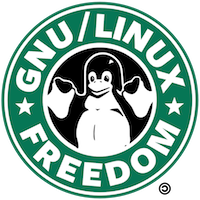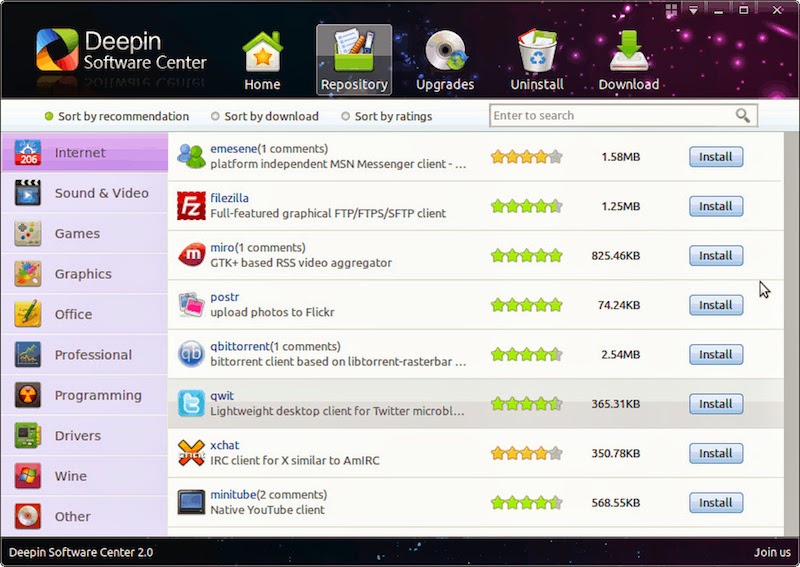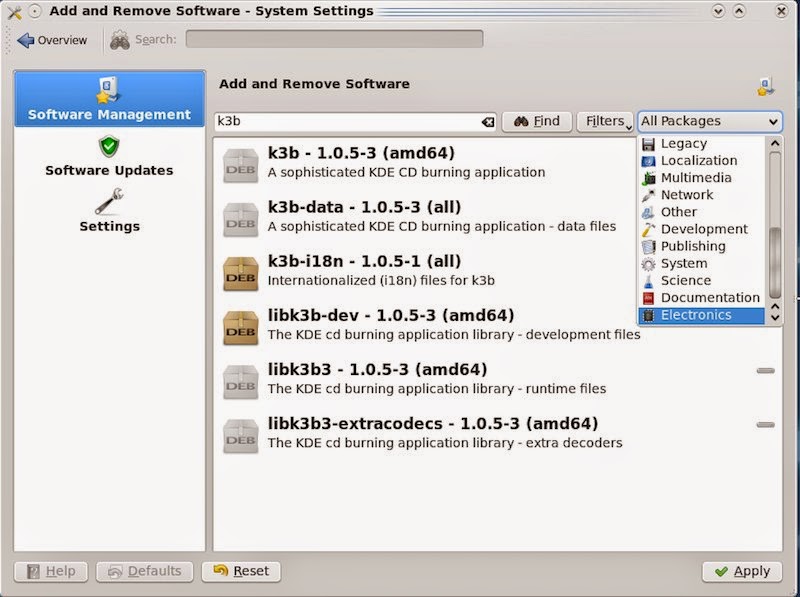
The concept of app stores, though popularized by Apple, followed by Android, has been around for a long time. In fact, Linuxians know that it was in the penguinian world of software that the concept of app store basically originated. A software housing a collection of apps stored in a convenient location was something Linux users have loved and still love.Whether it is the iTunes app store or the Play Store by Google, budding developers get a huge exposure by publishing their apps in these arenas. Similarly, the relatively less popular
Ubuntu Software Center is slowly becoming a melting pot for some of the best developers in the FOSS community. The app store has some of the most popular applications made by some talented developers.While most of the applications from Ubuntu Software Center are free, some of them are reasonably priced and allow developers to fund their own coding efforts. Another thing that’s fascinating about Ubuntu Software Center is that these young developers are now competing against bigwigs like Steam and Microsoft (Skype), to make sure that their applications get the props they deserve. While some people might call it unjust, one cannot help but call it a healthy competition which will propel the growth of the Linux community. Overall, the Ubuntu Software Center has set a great foundation for a better open-source future.
That said, if you are an Ubuntu user, you probably must have gotten tired of using Ubuntu Software Center already. It’s clean, sleek, and does what it says on the tin; however, as a FOSS enthusiast you might be looking for something different. If that’s the case, then we have for you a list of alternative app stores for Linux that will help you get the software you need instantly.
Deepin Software Center
Deepin Software Center is a fabulous-looking application that comes as a part of the distro Linux Deepin. Not only is a good alternative to Ubuntu Software Center, it’s also a great replacement for it since you’ll find a few features that triumph the good old USC. Once installed, you get to choose from as many as 2,600 applications. You can install them by one click and finding what you want is never easier. The interface is clean, and to be frank, a notch better than Ubuntu Software Center. What’s more, you can even skin the app store to your liking by choosing from any of the cool themes. What makes Deepin so interesting is that it has a multi-threaded download back end that makes downloads really fast. Also, the apps are regularly updated based on their ratings, making it a great app store to browse apps on.To install Deepin Software Center, type in or paste the following commands in your terminal (Ctrl + Alt + T):sudo add-apt-repository ppa:noobslab/deepin-sc
sudo apt-get update
sudo apt-get install deepin-software-center

Apper is the default KDE Package manager that serves as a good alternative to traditional app stores. Written in C++, Apper is designed to make things easier for users who want to look for software and not packages. Apart from listing all the latest software, it also allows users to remove old software and upgrade existing one. If you are on KDE, you already know about this app store. If not, it’s a great simple app manager you can use even if you’re not a KDE lover. To install Apper, type in or paste the following command in your terminal:sudo apt-get install apper
App Grid
App Grid is a solid alternative to the Ubuntu Software Center. Readily available to install on any distro, App Grid lets you browse apps in a neat, grid-like layout. Though far from perfect, the layout is much lighter and faster than USC’s slightly bloated UI, thus making it a great alternative. It is faster to start, has very less memory usage, and is written in Python 3. Though proprietary, App Grid gives you a great set of features and lightness that you should have gotten from USC. It’s definitely worth a try.To install App Grid, type in or paste the following commands in the terminal:
sudo add-apt-repository ppa:appgrid/stable
sudo apt-get update
sudo apt-get install appgrid







